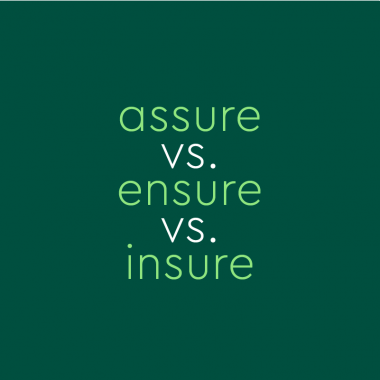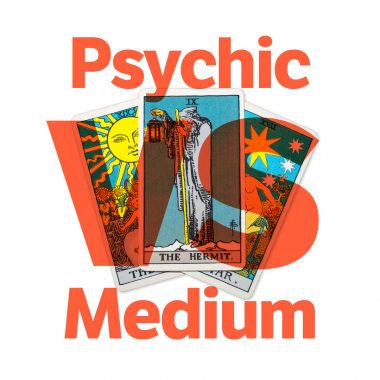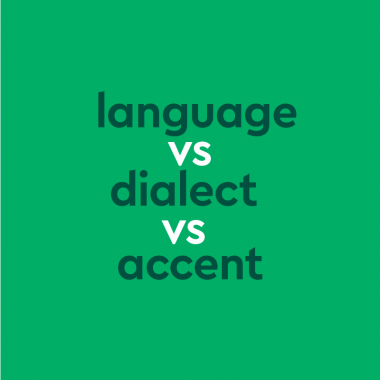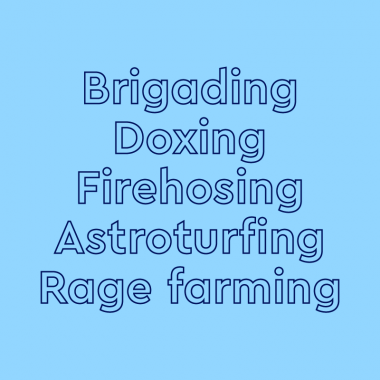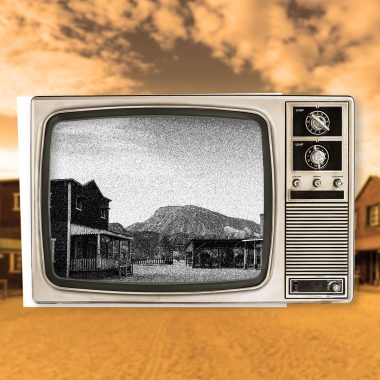Insure vs. Ensure vs. Assure: What’s the Difference?
Let’s say you’re in a thorny situation, and you find yourself wanting to offer comfort. Do you have a word or two in your back pocket for this moment? Do you assure your friend it will be alright? Or do you ensure them they’ll feel better soon? … Or is the word you’re looking for insure? Confused? This is a tricky one. Assure, ensure, and insure ultimately derive …
